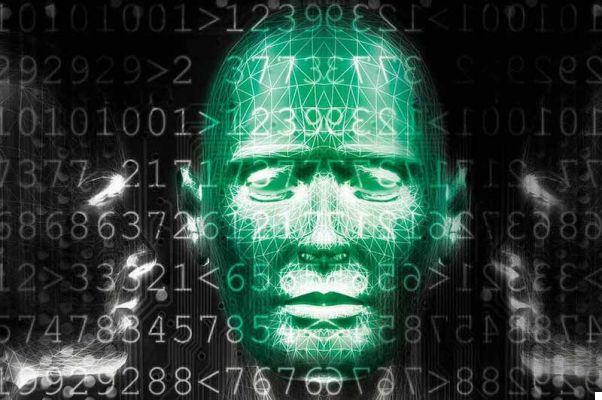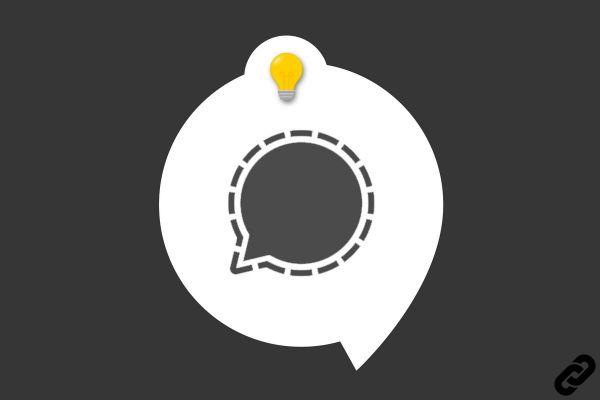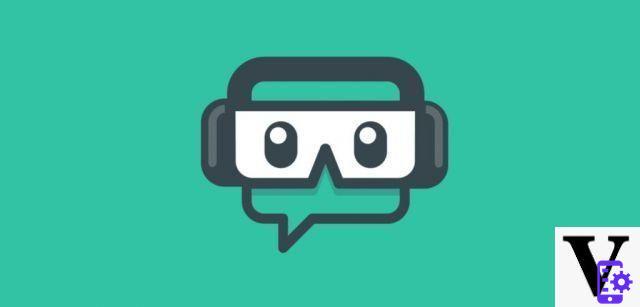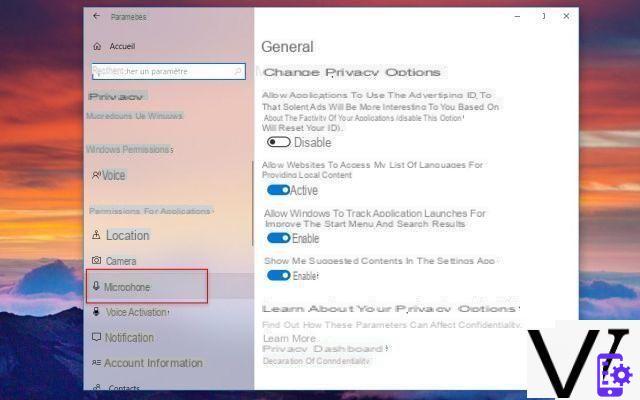What is cyberpsychology?
The definition itself is not simple, and it will help us understand not only what cyberpsychology is, but also what its areas of investigation are.
Cyberpsychology: a definition
Let's start by saying that, more than a science or a discipline, cyberpsychology is a new field of knowledge. In summary, we could define it as cyberpsychology the study of all the psychological aspects in some way related to the relationship between the human being and the computer.
From this attempt to classify cyberpsychology we can already understand how vast and multifaceted it is. And how much an area is in constant evolution and expansion.
It is a branch of psychology that aims to define a new human figure, after all, the daughter of a new company, increasingly closely linked with the Internet and (above all) with social networks.
What cyberpsychology contains
Cyberpsychology therefore contains a series of categories that refer to the world of new technologies and their use in different ways. Including, of course, the set of addictions and alienations from reality caused by excessive exposure to social media. For this reason, investigating a new type of citizen with a series of new problems, we can say that cyberpsychology also has a foot in sociology.
Cyberpsychology at the University
Ma to better understand some of the possible declinations of cyberpsychology, it is sufficient to read the names of some exams present in the curricula of the universities that have chosen this new branch of psychology as the subject. By demonstrating, among other things, how much cyberpsychology is moving towards unanimous recognition.
Among the Faculties that contemplate cyberpsychology in the subjects of study there is the University of Milano-Bicocca. And there is also the Italian telematic University UNINETTUNO, who even dedicates a course of study to cyberpsychology within the department of Cognitive Processes and Technologies.
The names of UNINETTUNO exams clarify the broad boundaries of cyberpsychology. We only read those of the first year: Social psychology of online relationships; Developmental Psychology and Technologies; New media languages; Cognitive processes and technologies; Risk and digital technologies; Privacy, law and IT security.
A global impact
These names are enough to get an idea of the pervasiveness of cyberpsychology in the contemporary individual. The new media are changing language, individual and social habits, the way of being and reasoning. The ability to memorize, affectivity and intuitiveness, as well as aesthetics, are changing. The Net and social networks have an even deeper impact on the new generations, who are at the same time those most at risk. Both in the sense of pathologies linked to the abuse of new technologies, and in the sense of threats to one's privacy but also to one's person.

The cyberpsychology of tomorrow
We are moving towards an increasingly invasive technology, e - as we wrote in other articles - this process has a double and in a certain sense contradictory value.
If, for example, increasingly refined devices are being developed, capable of transforming the thoughts of patients suffering from diseases that inhibit any voluntary movement into action, on the other hand there are approaches to technology laden with shadows. Think of artificial intelligence used with control functions, or the questionable idea of implanting chips in the human brain, in order to create a sort of android.
The cyberpsychology of tomorrow will therefore be called upon to explore a hybrid area, fascinating and not without dangers, characterized by enormous potential that would allow us to improve our lives. And it poses equally great risks to our freedom.
What will the man of the future be like? How will he think? How much will be changed by the transition from an analogue culture to an increasingly digital one?
And how, for example, will psychic pathologies change, assuming that the percentage of Internet addicts is inexorably destined to grow?
 CyberPsychology: The relationship between the Mind and the Internet
CyberPsychology: The relationship between the Mind and the Internet
- De La Serna, Juan Moisés (Author)
The expert's opinion
Enlightening the opinion of Tonino Cantelmi, professor of developmental psychology at Lumsa University in Rome, the first in Italy to have activated a cyberpsychology course. His judgment is acute and non-judgmental. Cantelmi said: "Our world travels towards colossal connection addiction: without, in fact, many of us no longer know how to find a restaurant, woo, meet a friend, understand the evils of the world, get information or have fun. And close a love story.
Internet addiction is also becoming a way of life, so it is placed between pathology and future normality. And as the way of expressing psychic distress changes, for example in chat and on social media, so does the way of treating it. The digital age marks the end of many ancient forms of psychotherapy. In short, a real revolution is coming in all sectors.
The mobile born, who today go to kindergarten and maternal, will be future techno-liquid men and women who will adopt new mental schemes and categories of thought. We are already seeing it. AND what we do know is that these young people will find the filter of technology normal. So why don't psychology students have to adapt by studying cyberpsychology?"


























